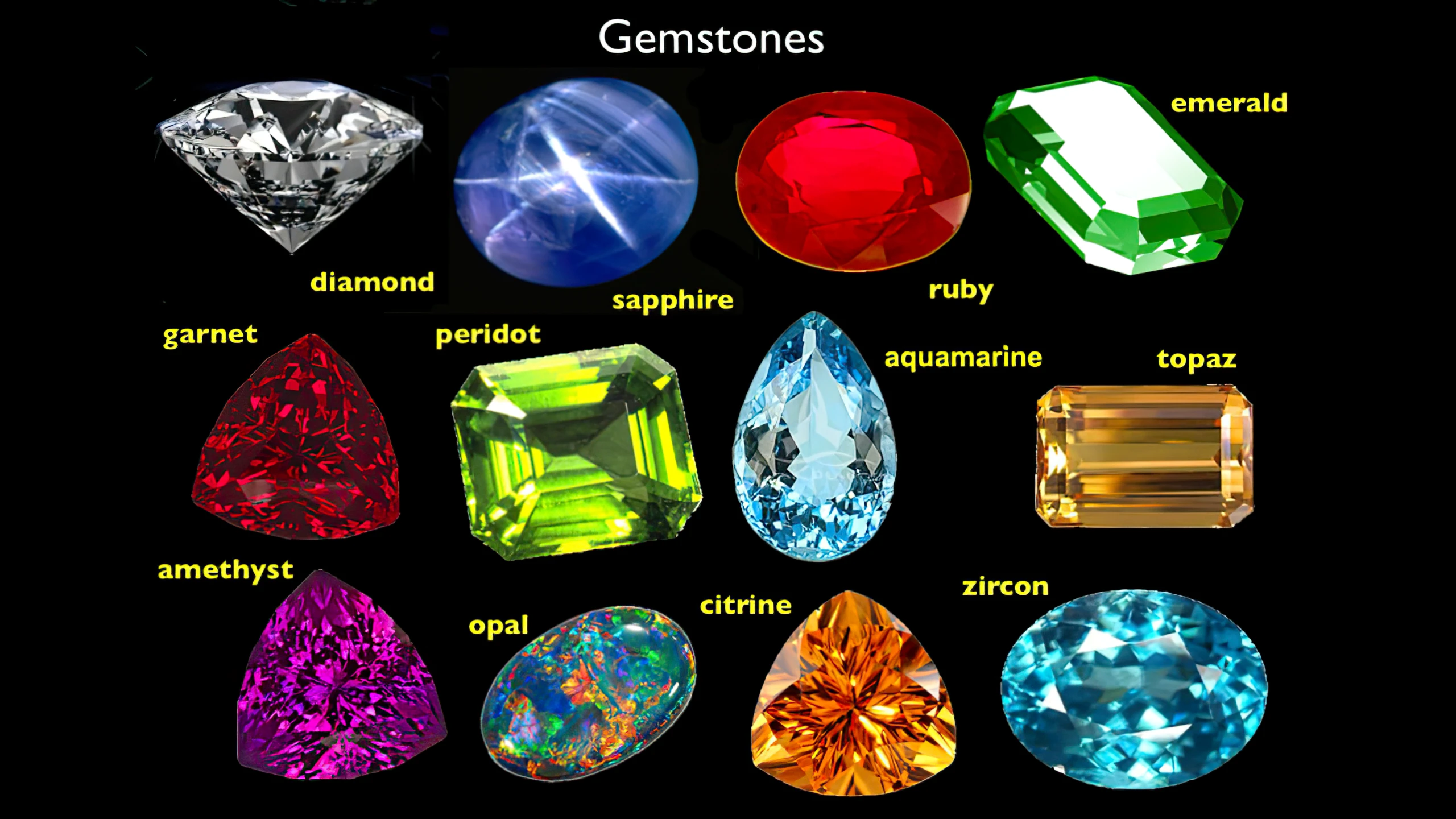How Did Shimson and Shmuel Become Nazirites?
A Siyum on Talmud Tractate Nazir
1 hr 2 min
- August 10, 2012
- |
- 22 Av 5772
Levi Garelik
774 views- 4Comment
- Call-in
Listen to the class on the phone
Call +1 (845) 201-1933
When prompted, dial the ID number below.
343 MP3 MP4 Source Sheets - Copy Embed
A Project by Sichosonline.org
and MySicha.org
Class Summary:
Tags
Show More
Categories
Levi Garelik
- August 10, 2012
- |
- 22 Av 5772
- |
- 774 views
A Project by Sichosonline.org
and MySicha.org
Related Classes
Please help us continue our work
Sign up to receive latest content by Rabbi YY
Join our WhatsApp Community
Join our WhatsApp Community




Please leave your comment below!
Yakov -12 years ago
Wonderful Siyum
Rabbi Garelik
Thank you for the beautiful Siyum! Hopefully the translators will add this wonderful explanation in the future editions….
I would like to ask, respectfully, 3 questions on what you said (perhaps they were a slip of the tongue):
1. You mentioned that Chana went to the “Bais Hamikdosh”. The story of Chana happened in Shilo at the Mishkan.
2. “sometimes Torah is greater sometimes the world is greater”, Can you clarify what that means?
3. You emphasized “The specialty of the generation of the Geula who do the confirmation”, aren’t we like a midget on top of a giant?
Thank you again for the wonderful shiurim.
Wishing you a Ksiva vachasima Tova
Yakov
Reply to this comment.Flag this comment.
Anonymous -12 years ago
Re: Wonderful Siyum
Yakov
.
First, I don’t get the credit for the Siyum, it is the Rebbe in Likutei Sichos. If something doesn’t seem right I will take the blame, but if it is correct, it is thanks to Likutei Sichos.
And, yes, slips of the tongue do happen...
Regarding your first question about the Mishkan: it was not a slip of the tongue nor intentional (that I used the term Bais Hamikdosh for The Mishkan Shilo), rather a “habit” - and let me elaborate:
1. the Gemoro explains that the Mishkan is also called “Mikdash” [as we see that the Torah says “veasu li Mikdash” – they should make for me a “Mikdash” and in the next Possuk it says “mishkan”, so we see that the Mishkan is also called Mikdash].
2. The Rambam refers to the Mishkan as the “Mikdash shebamidbar” (Hilchois Bais Habechira chapter 1 halocho 12).
3. In the story of Chana, the word “Mishkan” is not mentioned, it says “Shilo”, ”Bais Hashem” etc. [which was of stones etc.]
Therefore, when telling the story, I just simply said “she went to the Bais Hamikdosh” of that time (as opposed to “the House of Hashem” or “shilo”) and obviously, I was referring to the Mishkan and not the "Bais Hamikdosh" in Yerusholayim.....
Your second question:
Unfortunately during the times of Golus we have, seemingly, these two scenarios: when someone is in a Shul or in a Yeshiva or a kosher home i.e. a place of Holiness and Kedusha, then he feels how G-dliness is “greater” "stronger". However, when he goes out “in the street” and sees no G-dliness with the naked eye (and actually sees the opposite!), it gives the impression that “the world (Gashmiyus) is greater”. Especially when you learn thoroughly chapter 6 in Tanya where the Alter Rebbe expounds on the concept of “Olam Haze” that it is “Male Klipos veharshaim govrim bo” – full of Klipos (opposite of G-dliness) and the wicked are stronger. See also Igeres Hakoidesh chapter 12 similar exprtessions..
And therefore our Job is to reveal the truth, that the world is only G-dliness.
The third question:
This is a subject discussed at length in many discourses of the Rebbe, I will just bring a brief point:
On the verse “Vehoish Moshe anav meod” that Moshe Rabeinu was very humble, it is explained in Mefarshim that Moshe was humble in front of the generation of the Geula.
The generation of the Geula is considered like the “Make Bepatish” the one that completes the job, which means that without the "Make bepatish" the previous efforts are not complete. It is also connected to the verse of Chazal “ein hamizvo nikraas elo al shem goimra” [The Mitzva is attributed to the one who finishes/completes it]
Yes, the generations before us were definitely greater, however, just like the midget (which is on top of the giant) sees farther than the giant, granting it is only because he is standing on the shoulders of the giant. So too, the generation of the Geula.
Furthermore, The Rambam rules that every single person must see himself as if the whole world is like a even scale and if one does a good act, a Mitzvah, he can tip the scale, regardless of who got the scale to balance out…..
I hope the above answers your questions, albeit briefly, and do not hesitate to ask more questions.
Wishing you a Ksiva vachasima Tova uleshana Tova Umesuka
Reply to this comment.Flag this comment.
יעקב -12 years ago
ישר כוח
תענוג ללמוד ולנתח שיחה כה מרתקת. להעיר שהרמב"ם בפרק ו' בהלכות נזירות הלכה א' כותב שנזיר ששתה יין לא סותר כלום מימי נזרו . והרב בדקה ה 8 משמע אחרת!
Reply to this comment.Flag this comment.
Anonymous -12 years ago
Re: ישר כוח
לכב' ר' יעקב שי'
הערה נפלאה (ותודה על היי"כ וכל המברך מתברך).
אם הבנתי הערתו על נכון, הנה התירוץ לשאלתו מפורש בסוגיא וברמב"ם שלפני זה, ואבאר :
ובהקדים:
בתור הקדמה לסיום הייתי מוכרח להביא בכללות הגדר של "נזירות" כי מסכת זו אינה מהנלמדות כל יום (אפי' בישיבות), וע"כ בכדי לשמור על הקיצור (במדה האפשרית) נתתי הקדמה כללית ממה שמבואר במסכת (וזה מה שכב' שמע בדקה ה-8) ואח"כ הבאתי גם סיכום מדברי הרמב"ם.
בהקדמה כללית על המסכת אכן הבאתי שישנם מקרים שתגלחת או שתיית יין מצריכו למנות עוה"פ הימים שלא נהג בהם האיסור כראוי, וצריך למנותם עוה"פ מחדש. וע"ז הקשה כב' שלכאו' ברמב"ם בפ"ו הלכה א' כתוב מפורש ש"נזיר ששתה יין...אינו סותר מימי נזירותו אפילו יום אחד", ואיפה המקור שייתכן שנזיר ששתה יין צריך למנות עוה"פ הימים ששתה. לכאו' קושיא אלימתא,
והביאור:
היות וכנ"ל זה סיום על מסכת, ועשיתי סיכום כללי (תוך דקה...), הרי, שלא יכולתי ליכנס לפרטי-פרטים, ולכן אמרתי באופן כללי שיין שנשתה או תגלחת שנעשתה באמצע הזמן ייתכן שמצריכים אותו למנות עוה"פ הימים. ומקור הדברים הוא: ישנה סוגיא שלמה בדף לב ע"א (על דברי המשנה בעמוד שלפני זה: מי שנדר בנזיר ונשאל לחכם) מחלוקת בין ר' יוסי לרבנן בנוגע ל"מי שנדר ועבר על נזירותו [רש"י: נטמא למתים ושתה יין] .. מונה בהם איסור כימים שנהג בהם היתר". [וראה גם להלן ב"עמוד הכי מופרסם בש"ס בתוס'" בתוס' בדף ל"ג ע"ב בד"ה ואיבעית אימא "והוא שתה בכולם יין..."]. הרי שישנה מציאות שגם בשתה יין צריך למנות עוה"פ.
וסוגיא זו הובאה גם להלכה ברמב"ם לפני זה בפרק ד הלכה יג-יד-טו "מי שנדר בנזיר ודימה שאינו נדר... ושתה יין... מדברי סופרים שינהוג איסור כימים שנהג בהם היתר, כיצד... עיי"ש בארוכה.
ועוד יש להאריך בכל הנ"ל, ואקצר.
בברכת כתיבה וחתימה טובה כולל כל הפירושים בזה [דהיינו: כתיבה (הכוונה לכתיבת עוד הערות מעניינות) וחתימה (אולי אזכה לדעת שם כב' ואימייל וכו' בכדי להשתעשע בדברי תורה) טובה]
Reply to this comment.Flag this comment.
Anonymous -12 years ago
Rabbi garelik
There is a temporary technical difficulty which is being repaired.
in the mentime you can watch it in the following link
http://sichosonline.zxq.net...">http://sichosonline.zxq.net... />
Ksiva vachasima Tova
Reply to this comment.Flag this comment.
leah m -12 years ago
levi garelik
why is class not available for replay
Reply to this comment.Flag this comment.